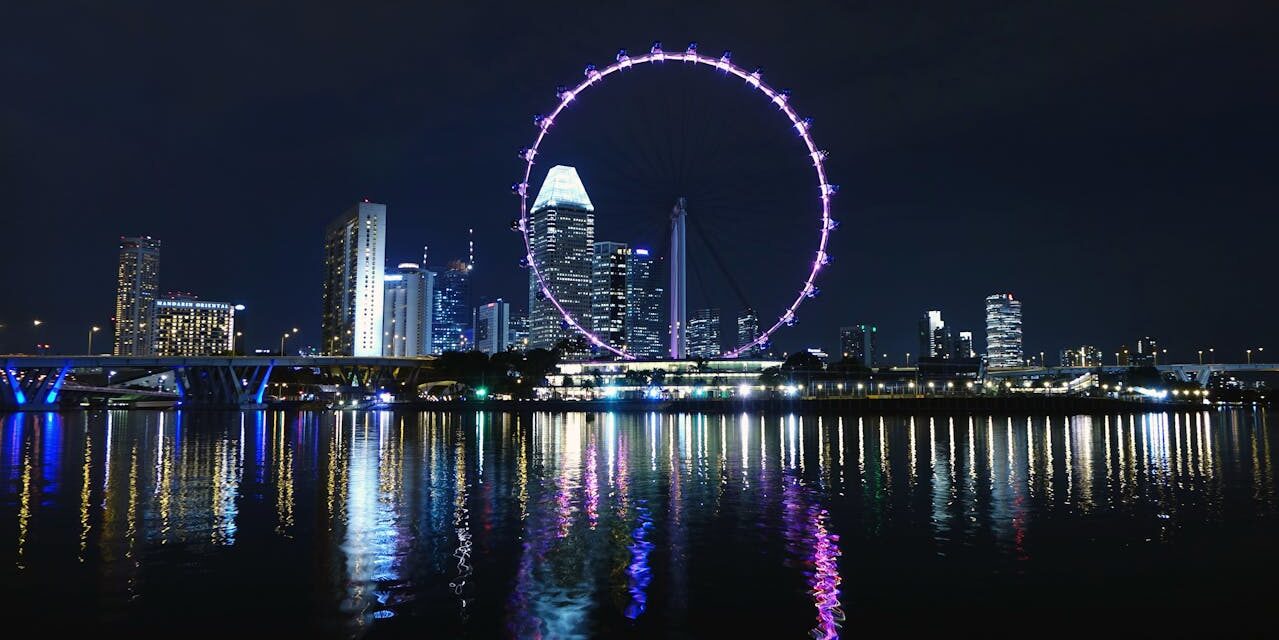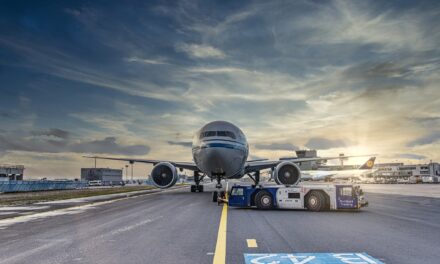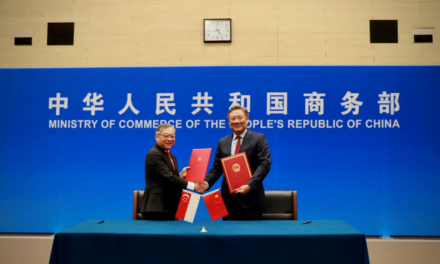Singapore inflation cooled to an almost three-year low in November, which will free up space for the central bank to become more hawkish.
Core inflation, which excludes accommodation and private transport, cooled to 1.9% year-on-year in November, The Monetary Authority of Singapore announced Monday, compared to October’s reading of 2.1% and 2.8% in September.
This was attributed to a moderation in food and services inflation. On a month-on-month basis, the core consumer price index was flat.
“On the domestic front, unit labor costs are projected to rise more gradually alongside moderating nominal wage growth and improving productivity,” MAS said, “Correspondingly, services inflation, which has been on an easing trend, should slow further over the rest of 2024.”
Headline inflation, which includes accommodation and private transport, increased to 1.6% year-on-year in November from 1.4% in October.
“This was driven by a more gradual decline in private transport costs, which outweighed the fall in core inflation,” MAS said.
Sector Highlights
The Private Transport segment saw costs fall at a slower pace in November, with prices falling 0.7% year-on-year compared to 2.5% in October. This was due to a smaller decrease in car prices.
In the Services sector, inflation eased to 2.2% from 2.3%. This was thanks to a smaller increase in holiday expenses and a stronger decline in telecommunication services fees.
Accommodation inflation decelerated slightly to 2.4% from 2.5% due to a smaller rise in the costs of housing rents.
Food inflation cooled to 2.4% from 2.6% as the cost of non-cooked food and food services increased at a slower pace.
Both Electricity & Gas and Retail & Other Goods inflation were flat at 2.5% and 0.1%, respectively.
Outlook
Going into 2025, there are both possible headwinds and tailwinds that could arise.
“Domestically, stronger-than-expected labor market conditions could lead to a slower easing in unit labor cost growth. An intensification of geopolitical tensions may lead to higher commodity prices and add to imported costs,” MAS said.
“Conversely, a significant downturn in the global economy could induce a greater easing of cost and price pressures, causing domestic inflation to come in lower than expected.”
MAS core inflation is expected to stay under 2% through to end-2024. It is seen falling between 2.5% and 3.0% in 2024, then tapering to between 1.5% and 2.5% next year.
Meanwhile, headline inflation is expected to come in at 2.5% for the whole of 2024, before cooling to between 1.5% and 2.5% in 2025.
“An anticipated pickup in private transport inflation amid the firm demand for cars should be more than offset by lower accommodation and core inflation next year,” MAS said.







